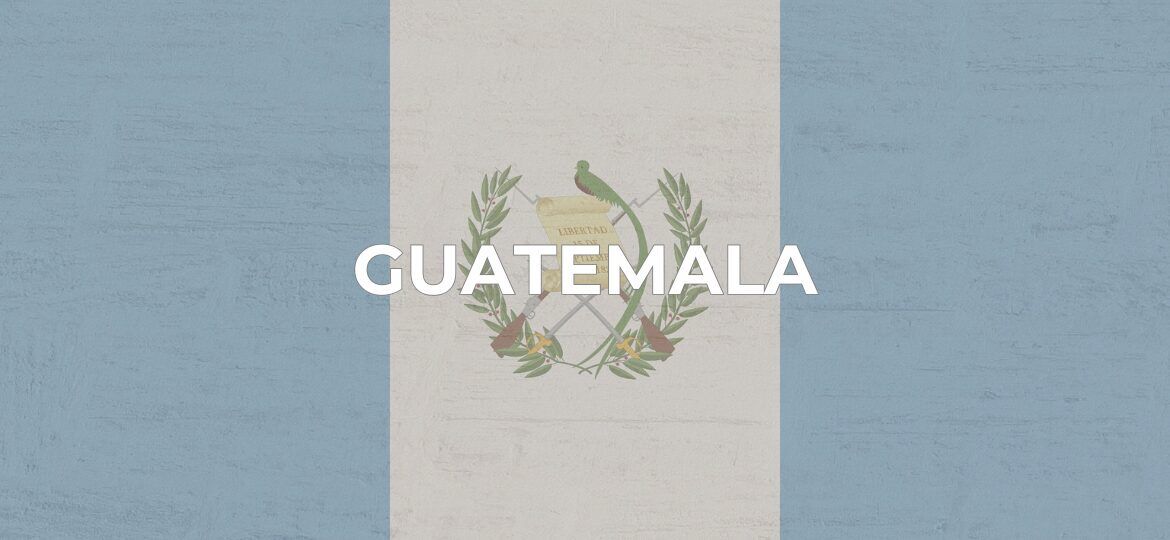
Guatemala is facing a deepening human rights crisis, marked by an aggressive and politically motivated use of the justice system to silence dissent, intimidate civil society, and dismantle accountability mechanisms. The latest developments highlight not just the increasing vulnerability of individual human rights defenders, journalists, and indigenous leaders—but also the broader erosion of democratic checks and judicial independence in the country.
Criminalisation of Indigenous and Environmental Defenders
Since early 2025, Guatemalan civil society organisations have documented a renewed wave of criminalisation, particularly targeting indigenous communities and their leaders. The ancestral authorities of the 48 Cantones of Totonicapán, known for their peaceful defense of land, water, and indigenous rights, have faced systematic legal intimidation. Their efforts to resist harmful extractive projects and demand government transparency have made them targets for politically driven prosecutions.
Environmental defenders in Retalhuleu and Alta Verapaz have also come under threat. Communities protesting land dispossession and environmental degradation are being charged with crimes such as “usurpation,” “illicit association,” and “obstruction of justice.” These charges, often vaguely defined and unsupported by credible evidence, are used to wear down activists both financially and psychologically, a tactic known among rights advocates as persecution by process.
Attacks on Journalists and Independent Media
Press freedom continues to deteriorate. Journalist Nelton Rivera, of Prensa Comunitaria, has become the target of an orchestrated smear campaign led by pro-government actors. Rivera and his colleagues have reported facing online threats, false accusations of destabilisation, and even surveillance, all in retaliation for exposing state-linked corruption and rights abuses.
Renewed Harassment of Virginia Laparra
Perhaps the most emblematic case of judicial harassment is that of Virginia Laparra, a former anti-corruption prosecutor with the Special Prosecutor’s Office Against Impunity (FECI). Laparra was previously imprisoned for over 680 days following two controversial convictions widely condemned by international rights groups.
Now, even after going into exile in July 2024 to protect her safety, she faces renewed legal threats. In a worrying move, the Guatemalan Public Prosecutor’s Office recently requested the revocation of her release measures and the issuance of a new arrest warrant. The evidence? Largely based on social media posts, supported by individuals linked to the so-called Foundation Against Terrorism, a group with ties to past controversial prosecutions. Legal experts have raised alarms about the lack of due process and the politicisation of judicial proceedings. An Interpol red notice has even been floated, which would constitute a clear breach of international law, particularly Article 3 of INTERPOL’s Constitution that bars politically motivated interventions.
The Case of Ramón Cadena
On 9 July 2025, respected human rights lawyer Ramón Cadena appeared before a Guatemalan court in relation to the “USAC Political Loot” case. Cadena, who has long worked in defence of indigenous rights and environmental justice, is being criminalised for his legal support to students involved in the peaceful occupation of the University of San Carlos.
The charges against him, ranging from aggravated usurpation to sedition, mirror a pattern of repression aimed at delegitimising protest, academic freedom, and the legal defence of human rights. National and international organisations have denounced the charges as politically motivated and part of a broader campaign to intimidate civil society actors who stand in solidarity with social movements.
The ongoing repression in Guatemala comes amid an already fragile democratic landscape. Since 2021, more than 100 justice officials—including independent judges and anti-corruption prosecutors—have been forced into exile. Under the leadership of Attorney General Consuelo Porras, the justice system has become a tool to shield the powerful and punish dissent, eroding public trust in the rule of law.
Guatemala, once recognised for its transitional justice efforts and post-conflict democratic gains, now finds itself at a crossroads. With key judicial appointments approaching in 2026, national and international actors must remain vigilant. Civil society groups stress that international oversight and pressure are urgently needed to reverse the growing authoritarian drift.
The cost of defending human rights in Guatemala continues to rise, paid daily by those who refuse to be silenced.


